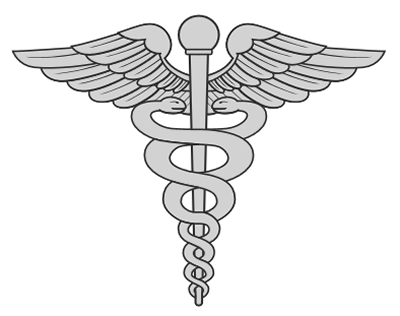052
Alicia Smith took her own life on March 16 because she couldn't stand the chronic pain any longer. All over the country patients
with chronic pain say they are having trouble finding adequate and proper medication. This is a public health catastrophe that cries out for reform.
This advertisement appeared in the National Review, the The New Republic, the American Prospect, The Nation, Reason Magazine and The Progressive in the spring of 2004.
This PSA is also available as a camera-ready PDF for easy reproduction.
This advertisement appeared in the National Review, the The New Republic, the American Prospect, The Nation, Reason Magazine and The Progressive in the spring of 2004.
This PSA is also available as a camera-ready PDF for easy reproduction.
PAIN MANAGEMENT IN CRISIS! | |
|---|---|
|
Alicia Smith took her own life on March 16
because she couldn't stand the chronic pain any longer.1 When federal
agents arrested her physician, Dr. William Hurwitz, Alicia couldn't
find anyone else willing to prescribe the large dose of opiates she needed
to survive.
All over the country patients with chronic pain say they are having trouble finding adequate and proper medication. This is a public health catastrophe that cries out for reform. Because prescription medicine now ranks number two among drugs most abused by adults and young people, the federal government plans to dramatically ramp up enforcement, ostensibly going after doctors who do not follow "sound medical practice".2 Doctors have become so gun shy that the Association of American Physicians and Surgeons now advises its doctors not to prescribe opiates at all.3 The medical profession itself is part of the problem. In medical school, doctors get little if any training in pain management, so they either under-medicate or avoid chronic pain patients altogether. Patients with legitimate need for heavy medication, victims - of cancer, bone disease, botched surgery, etc. - seek out those few doctors like William Hurwitz who are willing to help. This raises a red flag for law enforcement since these doctors seem to be prescribing heavy doses for too many patients.
1 Not her real name
2 Office of National Drug Control Policy, 2004 Strategy Report 3 Los Angeles Times, Oct. 20, 2003, "Painful Rift" 4 Drug Enforcement Report, Dec. 23, 2003, "DEA Addresses Complaint" |

DEA officials deny that their campaign has a chilling effect on
physicians, saying they take action in only a few hundred cases a year.
But the physicians don't see it that way. "It only takes one
person to get guillotined for everyone to get the message," says
Robert Mills, spokesman for the AMA.4
Pain management specialists should be policed by other pain management
specialists - not law enforcement officers.
When chronic pain patients become desperate, they inevitably turn to the
black market for additional medication, or they are forced to "game
the system" by seeking duplicate prescriptions.
Congress and the medical profession must work out a solution for the millions of Americans who are living with chronic pain and cannot obtain appropriate relief. Pain management specialists should be policed by other pain management specialists - not law enforcement officers. |
|
www.CommonSenseDrugPolicy.org www.DrugWarFacts.org
Mike Gray, Chair; Robert Field, Co-Chair 717-299-0600 | |
Download PDF
